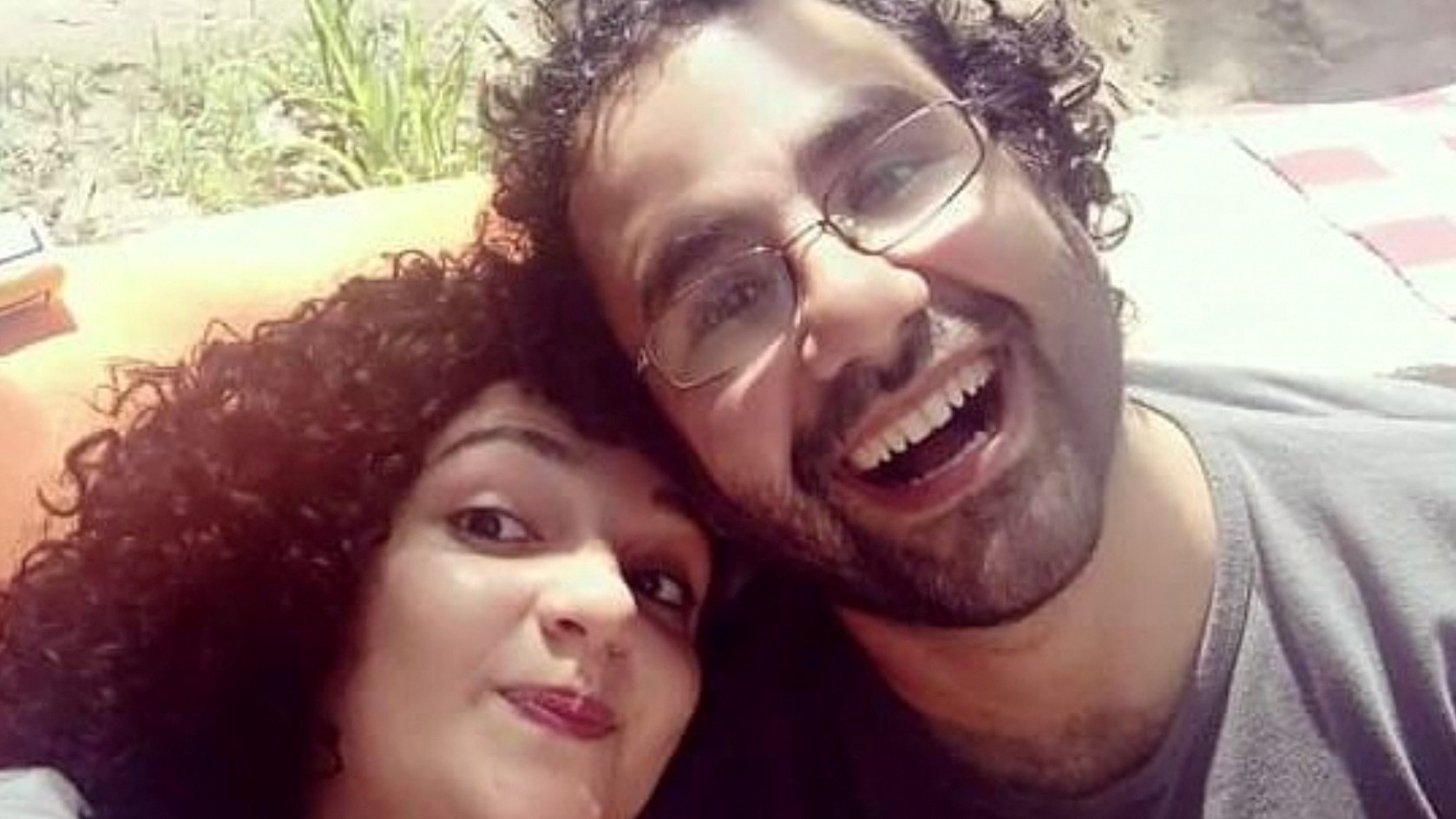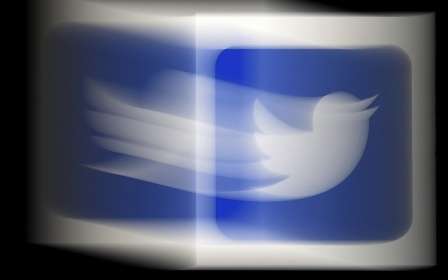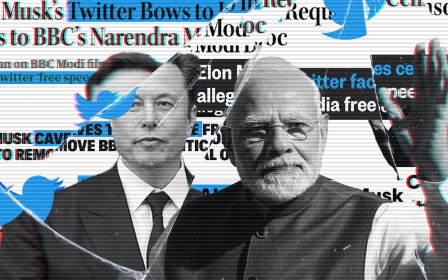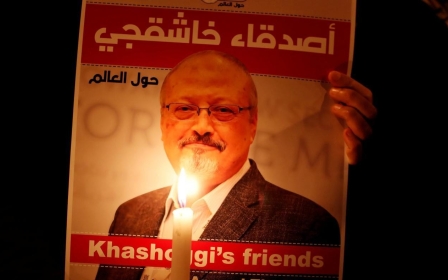Fears Twitter cull of dormant accounts could lock out imprisoned activists

A planned cull of Twitter accounts that have been inactive for more than six months has raised concerns among human rights defenders, who fear the impact on imprisoned activists.
Elon Musk, the billionaire owner of Twitter, said on Monday that dormant accounts would be deleted to help boost engagement.
Twitter said it was working to “clean up” inactive accounts to “present more accurate, credible information people can trust”.
The cull will include accounts that have become dormant due to the death of the user. Unlike Facebook, Twitter does not offer a “memorialisation” option.
Mona Seif, sister of prominent British-Egyptian political prisoner Alaa Abd el-Fattah, noted the changes could affect jailed activists like her brother.
New MEE newsletter: Jerusalem Dispatch
Sign up to get the latest insights and analysis on Israel-Palestine, alongside Turkey Unpacked and other MEE newsletters
“I hope that does not include accounts of political prisoners who have had no access to the internet for years, like my brother Alaa is in prison, this time around, since 2019 solely because of his writings. His account is crucial to maintain his voice and presence,” she tweeted.
Seif told Middle East Eye the first thing she thought when she heard about Twitter's plan was: "My heart would break if they delete Alaa’s account".
"Not only do we use it to make sure Alaa’s voice and opinions on different matters remain present and heard," she said.
"But at times when the heaviness of being deprived of my older brother is too heavy on the heart, I go back and look at old tweets between us, bantering, joking, emotional tweets, and it makes me feel closer to him. I’d hate to lose that."
Like many prominent activists during the 2011 “Arab Spring” pro-democracy uprisings, Abd el-Fatteh became prominent on social media. His tweets make up a core part of You Have Not Yet Been Defeated, a collection of his writing published in 2021 that includes texts smuggled out of prison on scraps of paper.
Deborah Brown, a senior tech researcher at Human Rights Watch, said the move could have a detrimental effect in countries where people are denied freedom of expression.
Deleting accounts would “add insult to injury for activists and human rights defenders, like Alaa Abd el-Fattah, who have long used social media to engage in public debate but whose accounts are currently inactive due to their imprisonment”.
'When the heaviness of being deprived of my older brother is too heavy on the heart, I go back and look at old tweets between us'
- Mona Seif, Alaa Abd el-Fattah's sister
During the 2011 protests, the voices of young revolutionaries were amplified by platforms like Twitter. However, the platform subsequently faced allegations of complicity with autocratic regimes in the Middle East and North Africa when a string of Egyptian dissidents’ accounts were suspended in 2019.
An Open Democracy investigation revealed that the mass suspensions were caused by an algorithm that flagged Arabic text as hate speech.
Since Musk took over the platform in October, Twitter has been rocked by mass firings of staff, the reinstatement of accounts suspended for hate speech and incitement to violence, and the removal and random reallocation of “verified” blue ticks, leading to a steady decline in engagement.
In April, murdered Saudi journalist Jamal Khashoggi’s account mysteriously acquired the verification badge which now officially requires payment.
Last month, two major US news outlets, NPR and PBS, left the platform to protest Musk’s decision to label their accounts as “government-funded media”, labels previously reserved for non-independent media funded by autocratic governments.
Middle East Eye delivers independent and unrivalled coverage and analysis of the Middle East, North Africa and beyond. To learn more about republishing this content and the associated fees, please fill out this form. More about MEE can be found here.




